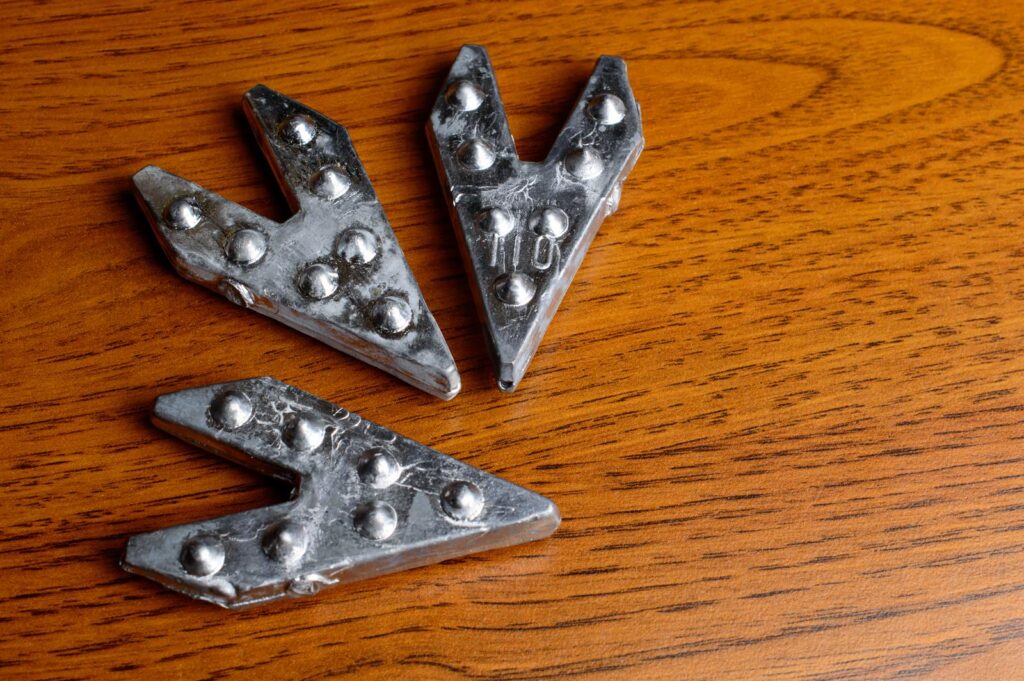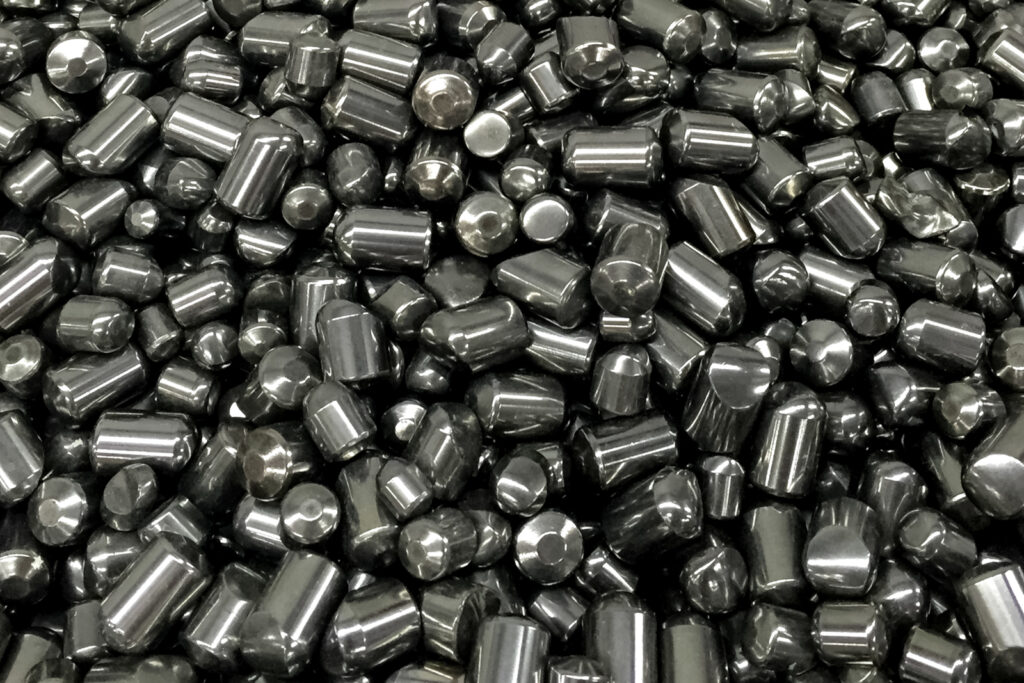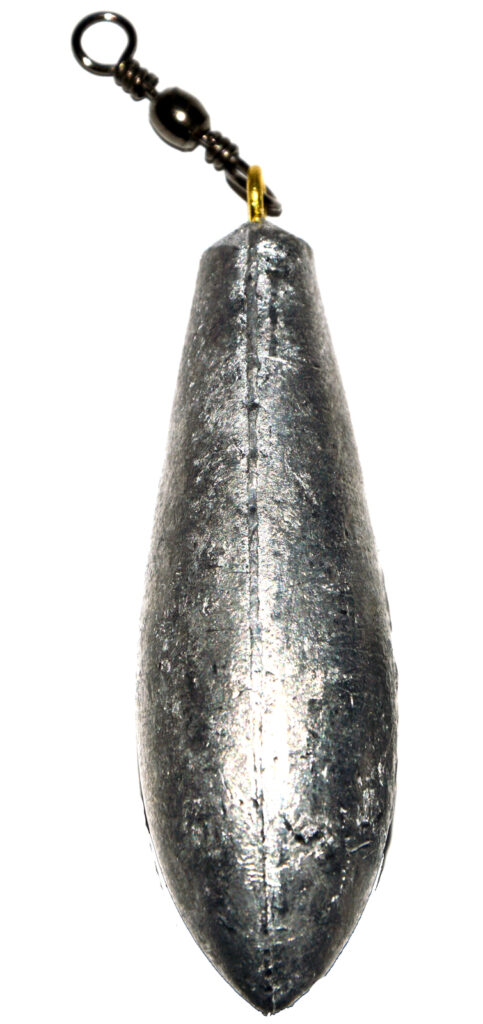Fishing has always been a cherished pastime for many of us. The only problem is that the traditional lead fishing weights we’ve been using aren’t the most eco-friendly. As an avid angler myself, I’ve been on the hunt for eco-friendly alternatives. So, join me as we explore lead-free, non toxic fishing weights and the benefits of making the switch.
The Problem With Traditional Lead Fishing Weights
For us anglers, the appeal of fishing is undeniable. Yet, there’s a lurking issue that we often overlook: the environmental impact of traditional lead weights and lead sinkers. These tiny tools are needed for getting our bait to the right depth, but they have a dark side.

When lost or discarded, they introduce toxic lead into our waters, which poses a threat to fish and other aquatic wildlife. According to studies, lead poisoning from ingested weight or sinker fragments can impair a fish’s ability to navigate, reproduce, and even survive.
Also, in some cases, birds and other creatures can mistake these weights for prey, leading to fatal consequences. The ripple effect on the ecosystem is scary. As stewards of nature, it’s our responsibility to go for non-toxic materials and lead-free alternatives. After all, they’re kinder to our planet and wildlife.
Alternatives to Lead Fishing Weights
Clay
Ah, the simplicity of nature! Clay, a naturally occurring material, has emerged as a great alternative to traditional lead fishing weights. Personally, I’ve always appreciated the eco-friendliness of clay weights. They’re biodegradable, so if they’re lost during a fishing trip, they won’t linger in the environment for decades.
Also, clay weights can be molded into lots of shapes and sizes, giving you versatility for different fishing techniques. Although they might not have the same heft as lead, their environmental benefits make them a worthy contender in the world of sustainable fishing. Embracing clay is an easy step towards a greener fishing future.
Brass
When it comes to lead-free fishing, brass stands out as a shining example. Literally! These golden-hued weights can add a touch of elegance to our tackle boxes while serving as a safer alternative to traditional lead sinkers.
Brass is denser than many other eco-friendly alternatives, giving it a weightiness that many anglers, including myself, find familiar and comfortable.
Another bonus with brass is its resistance to corrosion, which means it’s durable in both freshwater and saltwater environments.
Bismuth
If you’re looking for a nice middle ground between the weight of lead and the safety of eco-friendly materials, look no further than a bismuth split shot. A bismuth split shot is a game-changer for many anglers because it mimics the feel and function of the traditional split shot. Plus, bismuth offers a similar density without the environmental drawbacks of lead.
Gone are the days when our sinkers and lead weights posed threats to the fish we cherish. Bismuth’s non-toxic nature ensures that our aquatic friends go unharmed, even if they accidentally ingest a stray weight. Embracing bismuth is a nod to both tradition and progress in fishing.
Tungsten
For those anglers seeking the gold standard in lead-free fishing weights, tungsten weights might just be the answer. Tungsten also has a density that’s remarkably close to lead, so you won’t find yourself having to make many readjustments.

Its compact size allows for more precision, ensuring our bait reaches those elusive fish in the trickiest of spots. And of course, with tungsten, there are no concerns of toxic sinkers harming aquatic life. Its durability and resistance to wear make it a favorite among many in the fishing community.
Steel and tin
Tin and steel fishing weights are another great alternative. Both metals give us fishermen the weight and durability we crave, without the environmental concerns tied to lead. Steel’s robustness ensures that your sinker stays intact even in challenging conditions. Tin is also rust-resistant, making it perfect for saltwater adventures.
By choosing these metals, we’re not only ensuring our fishing weights and sinkers are less harmful to aquatic ecosystems, but we’re also investing in long-lasting gear. Plus, they’re typically more affordable compared to options like tungsten.
ECO friendly fishing weights
ECO fishing weights are the very definition of innovation. They’re made from materials designed to break down over time. As a result, these weights offer a solution that’s both effective for anglers and gentle on the environment.
Unlike traditional weights and sinkers that can linger in aquatic habitats for years, ECO weights gradually degrade, leaving no trace behind. This ensures that our favorite fishing spots remain pristine and free from harmful debris. For those of us who are passionate about preserving the beauty of our waters, ECO fishing weights are a no-brainer.
Practical Applications in Fishing
In the sport of fishing, using the right weights and sinkers is crucial. They determine how your bait behaves underwater and affect the line’s depth. With eco-friendly alternatives available, anglers can enjoy their passion responsibly, striking the balance between thrill and environmental care. Plus, with options like clay, you’re able to adapt to various situations with ease.
The Future of Eco-Friendly Fishing
The market for eco-friendly alternatives to traditional lead weights is booming. As awareness grows, lead-free fishing is becoming the norm. Future anglers will likely cast weights and sinkers that focus on both performance and the planet.

FAQs
Do all fishing weights have lead?
No; not all fishing weights contain lead. It’s been a traditional material for weights for a while, but there are many alternatives available today, like tin, steel, and tungsten.
Are lead fishing weights banned?
In the United States, several states have implemented bans or restrictions on the use of lead fishing weights and sinkers. But, there isn’t a nationwide ban.
What is the best alternative to lead fishing weights?
The “best” alternative to lead fishing weights largely depends on an angler’s needs and preferences. Tungsten weights are popular lead-free alternatives because of their density and compact size. However, ECO weights are better for prioritizing environmental safety.
